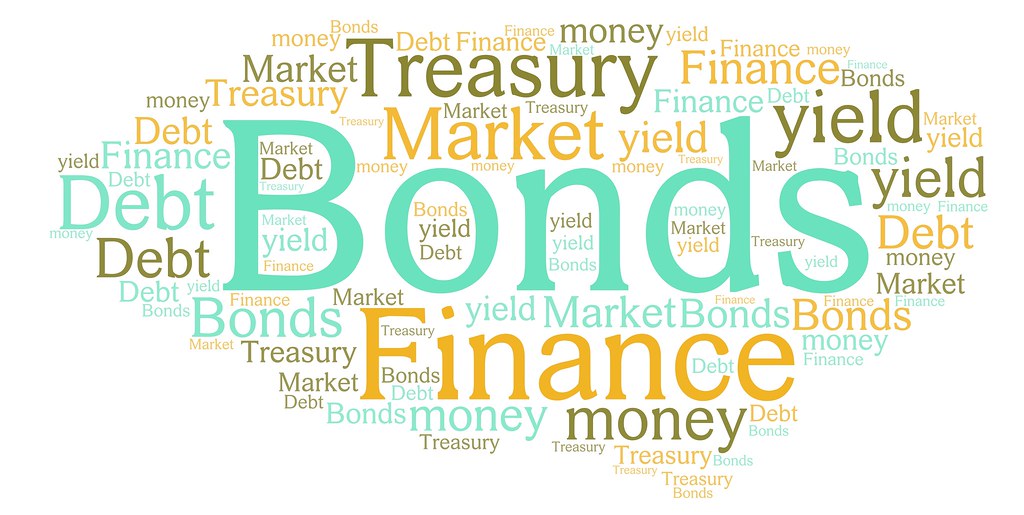German bond yields edge higher ahead of BoE policy meeting
German government bond yields hedged higher on Thursday, with investors waiting for the Bank of England (BOE) policy meeting while assessing whether the euro zone market is fairly pricing the European Central Bank's (ECB) future rate hike path. Hawkish comments from U.S. Federal Reserve officials returned investors' attention to further monetary tightening on Wednesday, boosting euro zone yields, but recession fears are capping a potential further rise.

- Country:
- Germany
German government bond yields edged higher on Thursday, with investors waiting for the Bank of England (BOE) policy meeting while assessing whether the eurozone market is fairly pricing the European Central Bank's (ECB) future rate hike path.
Hawkish comments from U.S. Federal Reserve officials returned investors' attention to further monetary tightening on Wednesday, boosting euro zone yields, but recession fears are capping a potential further rise. "The current pricing of government bonds may not look very misplaced for the euro area," said Rohan Khanna, research strategist at UBS.
"Markets are currently pricing 100 bps of hikes by year-end. Such a move would take rates at the lower end of the neutral rate range, which is an excellent place to be," in the current economic backdrop, he added. Germany's 10-year government bond yield, the benchmark of the bloc, rose 1 basis point (bps) to 0.868%.
It fell from over 1.8% in mid-June to its lowest in almost four months at 0.68% on Monday. The Bank of England is expected to raise interest rates by 50 bps, the most since 1995, on Thursday, even as the risks of a recession mount, in a bid to stop a surge in inflation becoming embedded in Britain's economy.
Italy's 10-year government bond yield fell 2 bps to 3.12%. The closely watched spread between Italian and German 10-year yields was at 214 bps. "As the bar for flexible PEPP reinvestments into BTPs seems rather low, we expect more tightening potential in coming sessions," Commerzbank analysts said in a research note.
The so-called first line of defense against fragmentation – Pandemic Emergency Purchase Programme (PEPP) reinvestments – showed significant support for the peripheral bond markets of Italy and Spain during July, analysts said, mentioning ECB data. The central bank pledged to fight fragmentation, namely an excessive spread widening, which might hamper monetary policy transmission across the currency bloc.
In July, Mario Draghi's government collapsed. Snap elections are set for Sept. 25, and polls show a conservative alliance is on course for victory, with the far-right Brothers of Italy set to be the largest single party. "We think PEPP reinvestment is the tool the ECB will use if the Italian-German spread should widen up to around 250 bps," UBS' Khanna argued.
"At 300 bps or more, they might activate the TPI, but not if political instability is behind the spread widening." The ECB announced a couple of weeks ago its Transmission Protection Instrument (TPI), a bond purchase scheme aimed at helping more indebted countries and preventing financial fragmentation.
(This story has not been edited by Devdiscourse staff and is auto-generated from a syndicated feed.)
ALSO READ
Cruise ship leaves Spain at last after Bolivians' visa row
Spain's PM visits Francoist mausoleum to learn about civil war exhumations
Spain's PM says EU could reevaluate relations with Israel if it finds it breached law
Peru accelerates highway project on $3.4 bln deal with Spain's Cintra
NBA greats Steve Kerr, Steve Nash among US owners hoping for Spain''s Mallorca to win Copa del Rey










